Logical Reasoning Building Vocabulary Worksheets for Ages 4-6
8 filtered results
-
From - To
Enhance your child's early learning experience with our "Logical Reasoning Building Vocabulary Worksheets" designed specifically for ages 4-6. These engaging worksheets promote critical thinking while expanding vocabulary through fun activities such as matching words, completing sentences, and solving puzzles. Tailored to meet the developmental needs of young learners, each worksheet helps children make connections between words and their meanings, fostering comprehension and communication skills. Ideal for both home and classroom settings, our resources ensure that learning is enjoyable and interactive. Equip your child for academic success with our exciting and educational worksheets that spark curiosity and encourage logical reasoning!
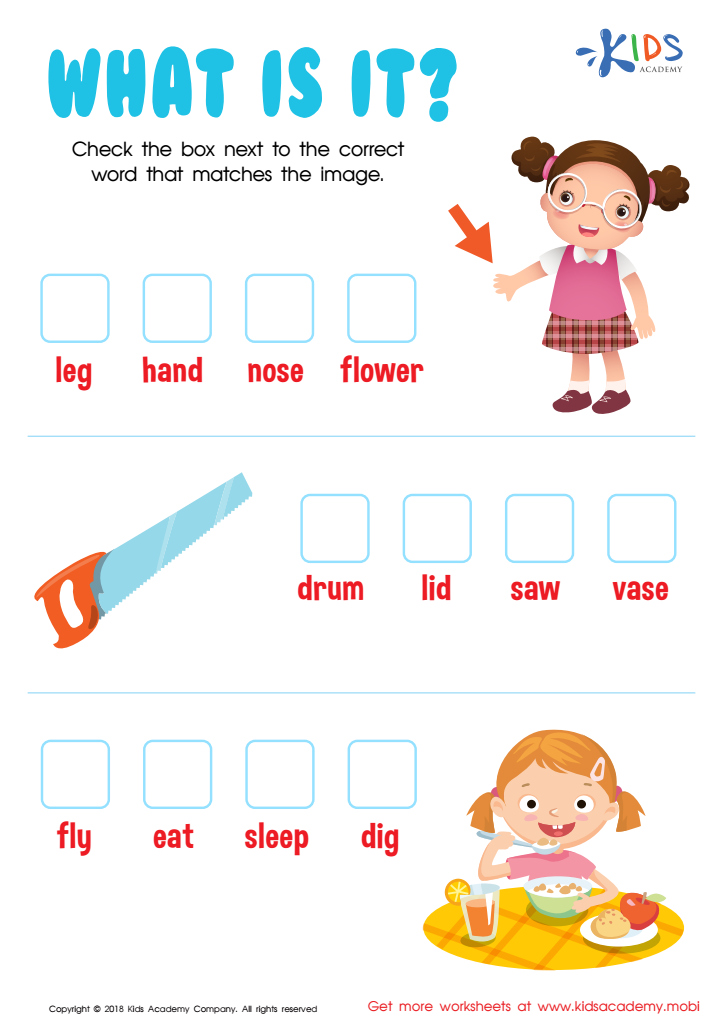

What Is It? Worksheet
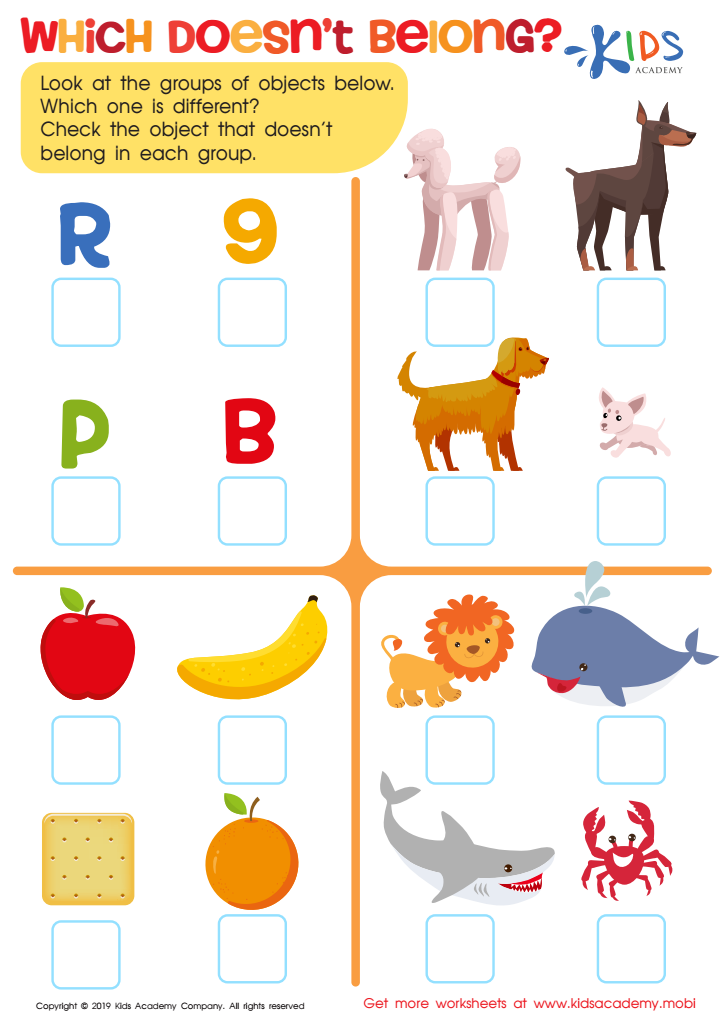

Which Doesn't Belong? Worksheet
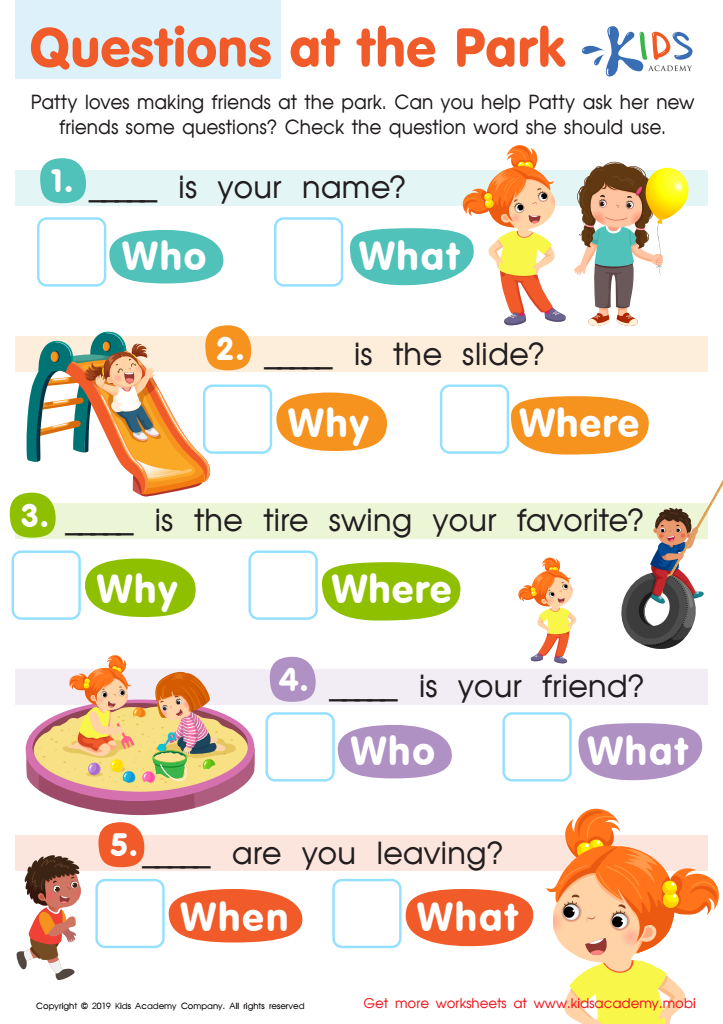

Questions at the Park Worksheet
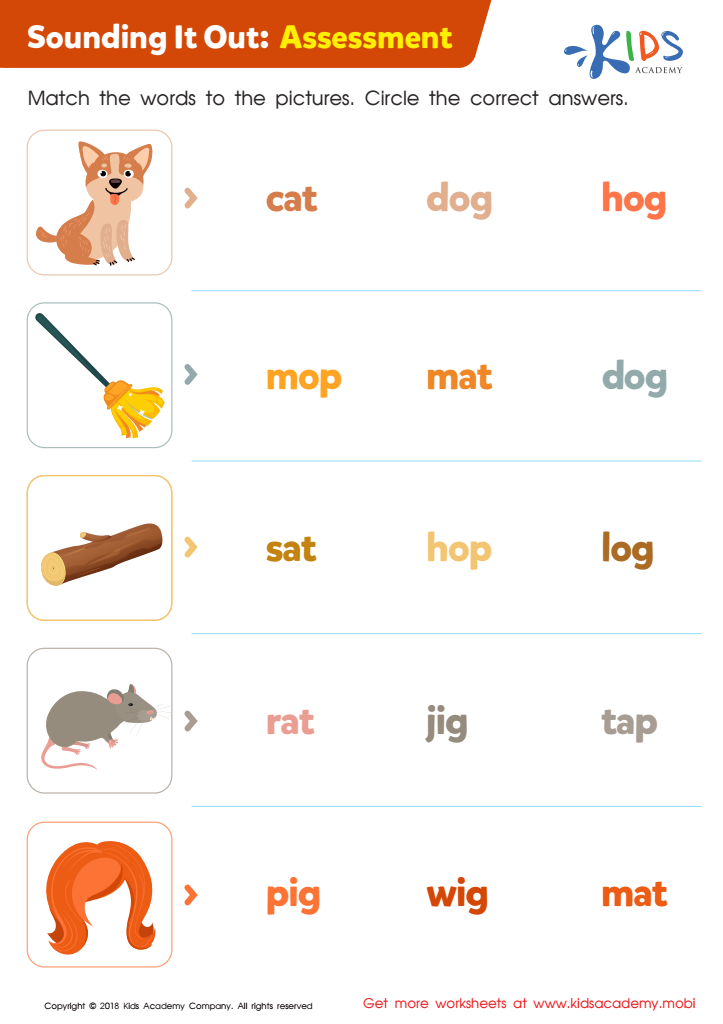

Sounding it Out: Assessment Worksheet
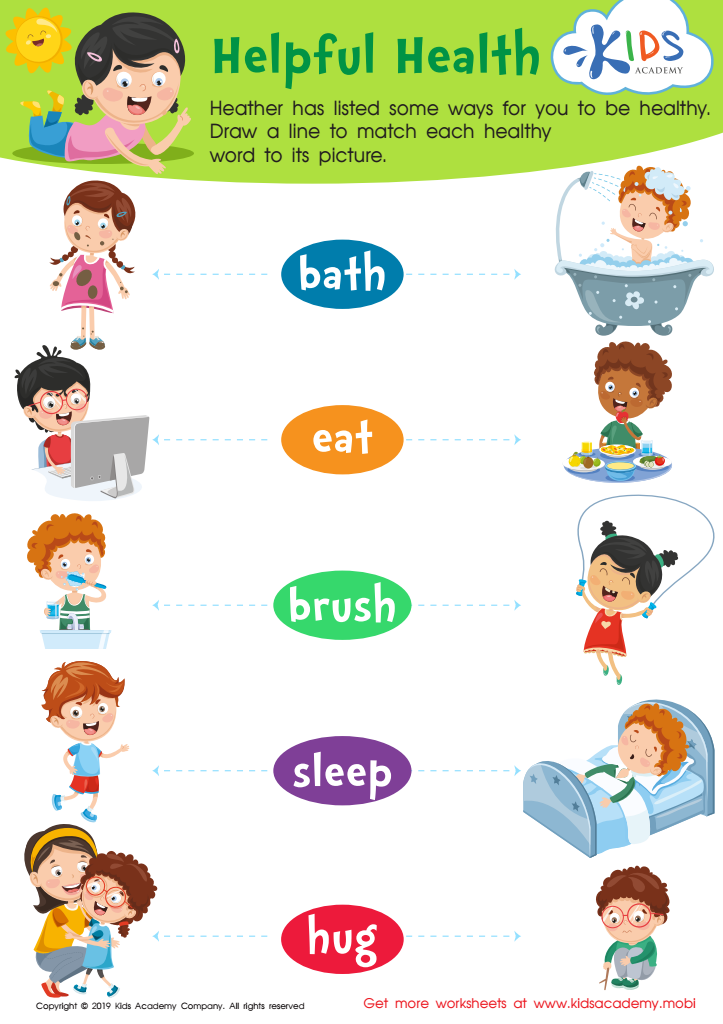

Helpful Health Worksheet
Developing logical reasoning and vocabulary in children aged 4-6 is crucial for their early cognitive and linguistic growth. At this age, children are like sponges, absorbing information rapidly, and enhancing their reasoning skills helps them understand their environment and solve problems effectively. Logical reasoning enables children to make connections between ideas, understand cause and effect, and enhances critical thinking. These skills foster curiosity and independence, encouraging children to explore complex concepts as they grow.
Building vocabulary is equally important because it lays the foundation for effective communication and literacy. A strong vocabulary allows children to express their thoughts clearly, understand instructions, and engage with others. Engaging in conversations, reading books, and playing word games can significantly enrich a child's vocabulary, making it easier for them to comprehend and analyze information.
Furthermore, fostering both skills in tandem prepares children for academic success. Schools increasingly emphasize cognitive skills, and children who have strong logical reasoning and vocabulary are more likely to excel in reading, math, and other subjects. Ultimately, investing time and resources into nurturing these essential skills not only supports children's current development but also sets them on a path for lifelong learning and achievement.
 Assign to My Students
Assign to My Students












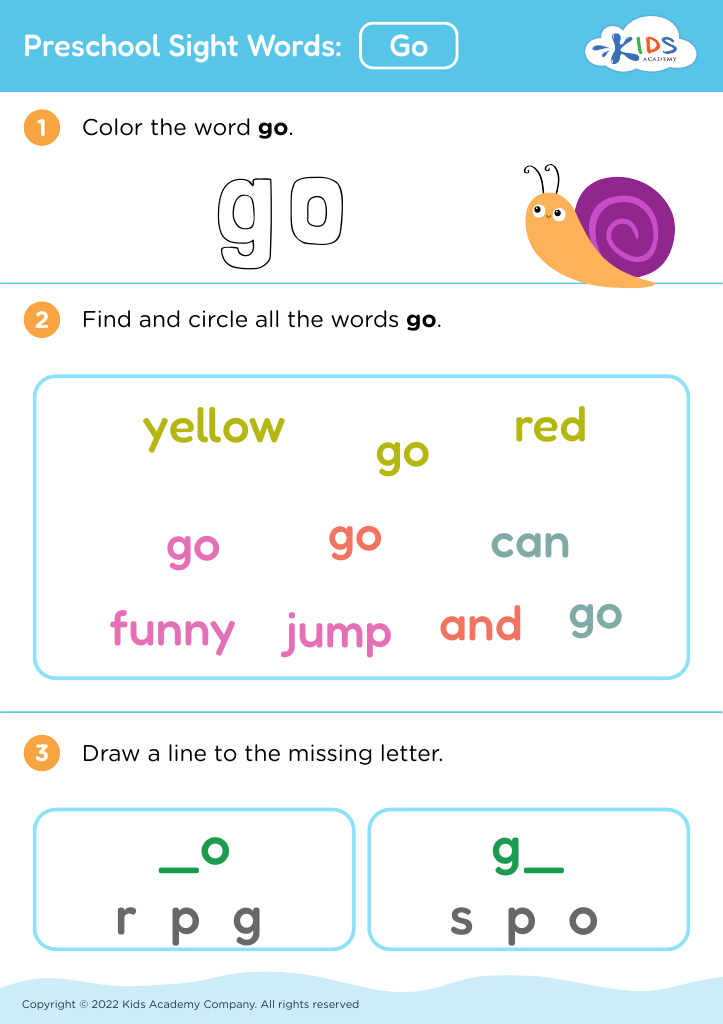
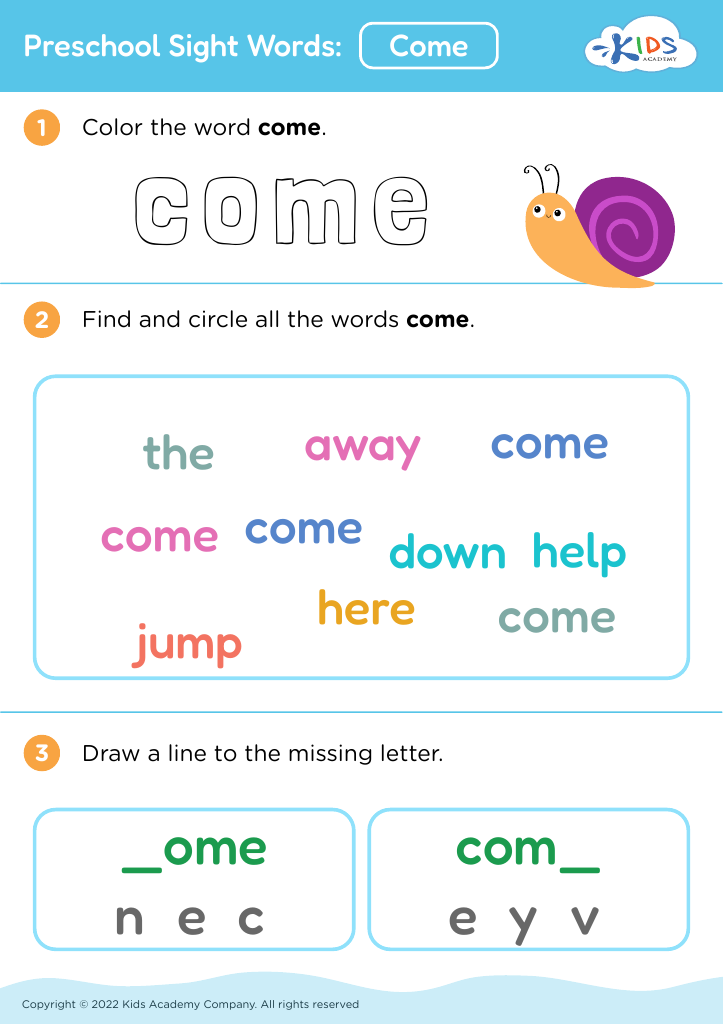
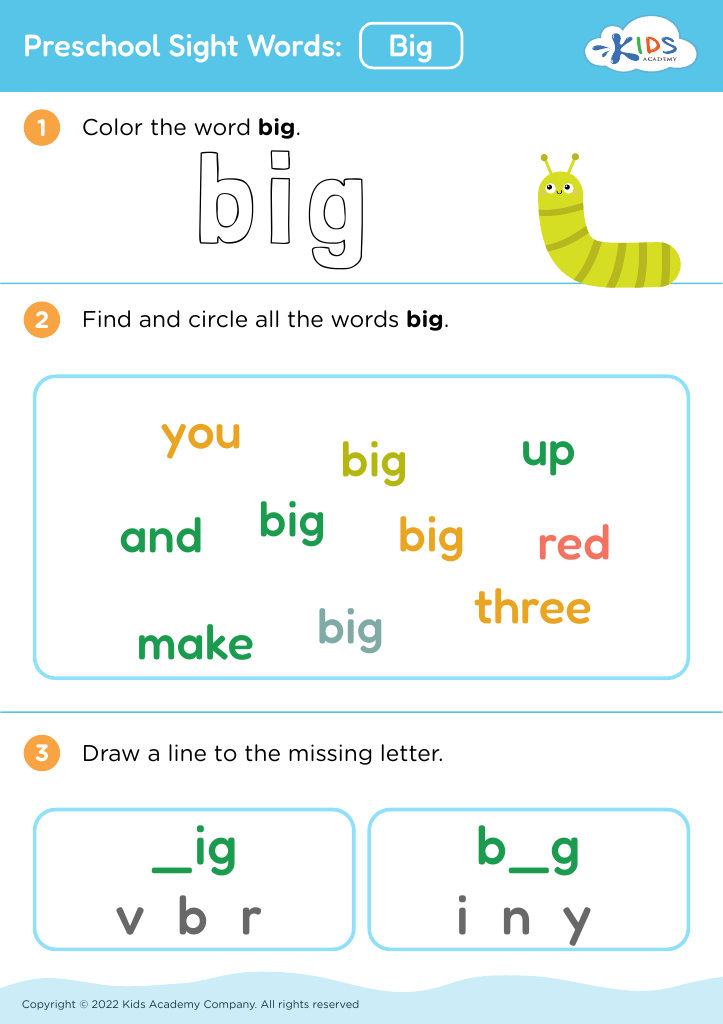




.jpg)














